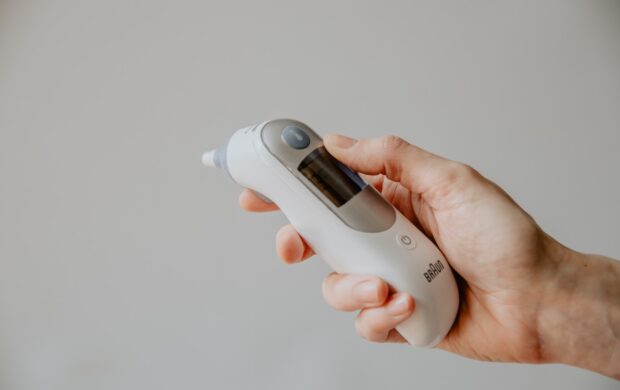The Commonwealth Scientific and Industrial Research Organisation (CSIRO) has recently been deploying so-called ‘BioArgo’ robotic floats in the Indian Ocean to monitor the physical and biological background of the world’s third largest ocean. The programmed devices are equipped with sensors in order to measure biological indicators such as dissolved oxygen, nitrate, chlorophyll, organic matter and particles.

According to CSIRO project leader Dr Nick Hardman-Mountford, “These can tell us about the growth of plankton, how much carbon they take up, how much gets used up the food chain and how much gets buried”. He adds that the research can deliver information in order to forecast the Indian Ocean’s potential for food production and carbon capture, and improve understanding of what keeps it healthy and productive.
The four bio-robots descend to a depth of 2000 metres (over 6,500 feet) where they measure the ecosystem. As soon as they resurface, data is transmitted via satellites to the scientists.
The undertaking is part of a data gathering initiative for a mission led by the UN Food and Agriculture Organisation (UNFAO) and is funded by the Department of Industry’s Australia-India Strategic Research Fund, CSIRO Oceans & Atmosphere Flagship and Earth Observation Informatics Future Science Platform, the Indian Government’s Department of Science and Technology, and UNFAO.
Image caption: The deployment of an Argo float in the Indian Ocean












